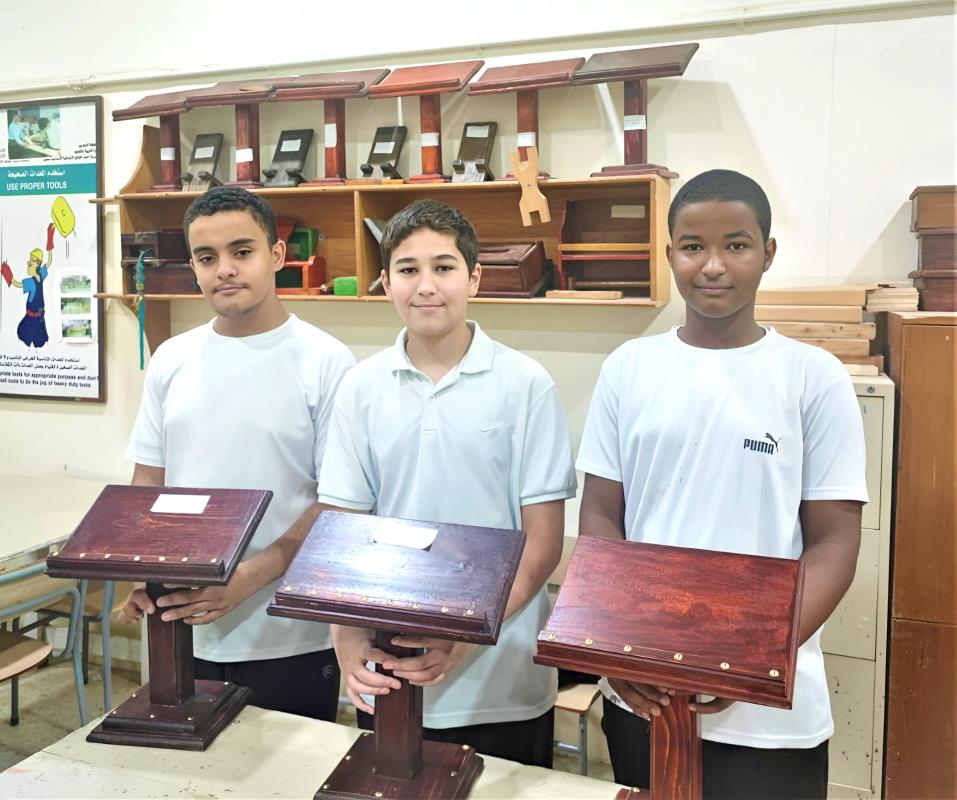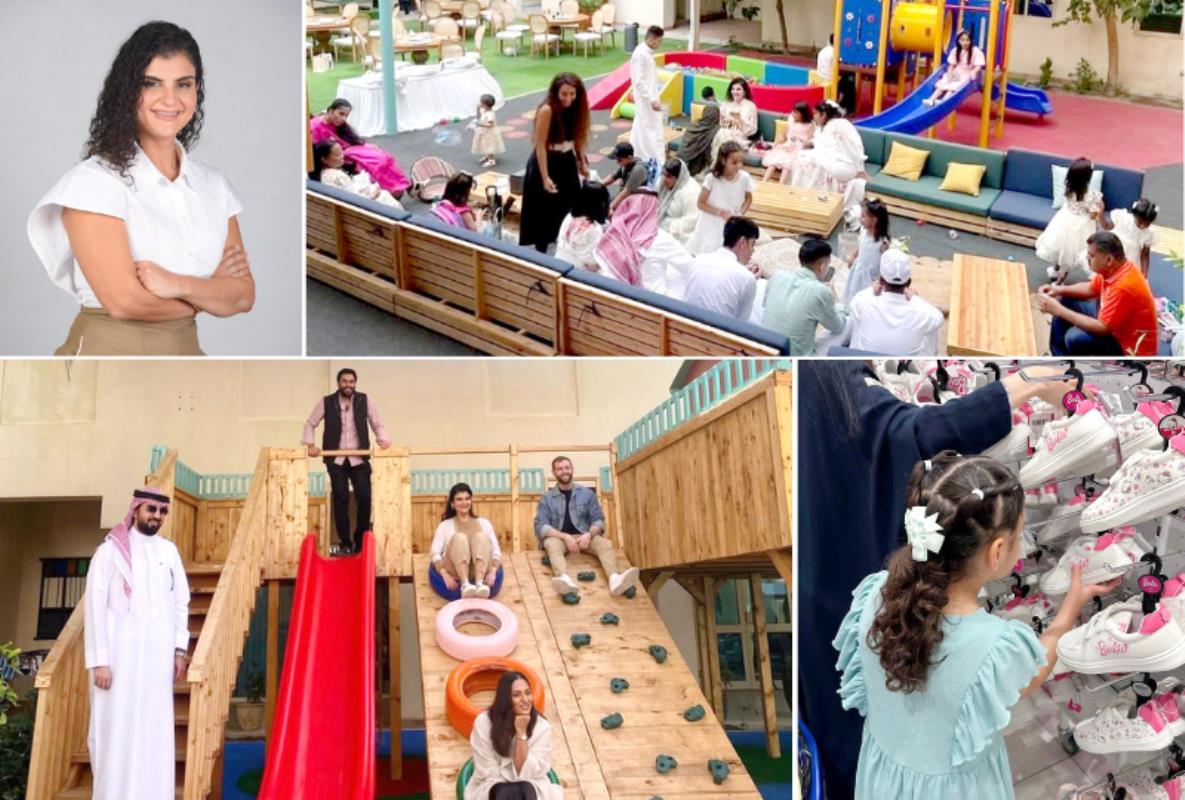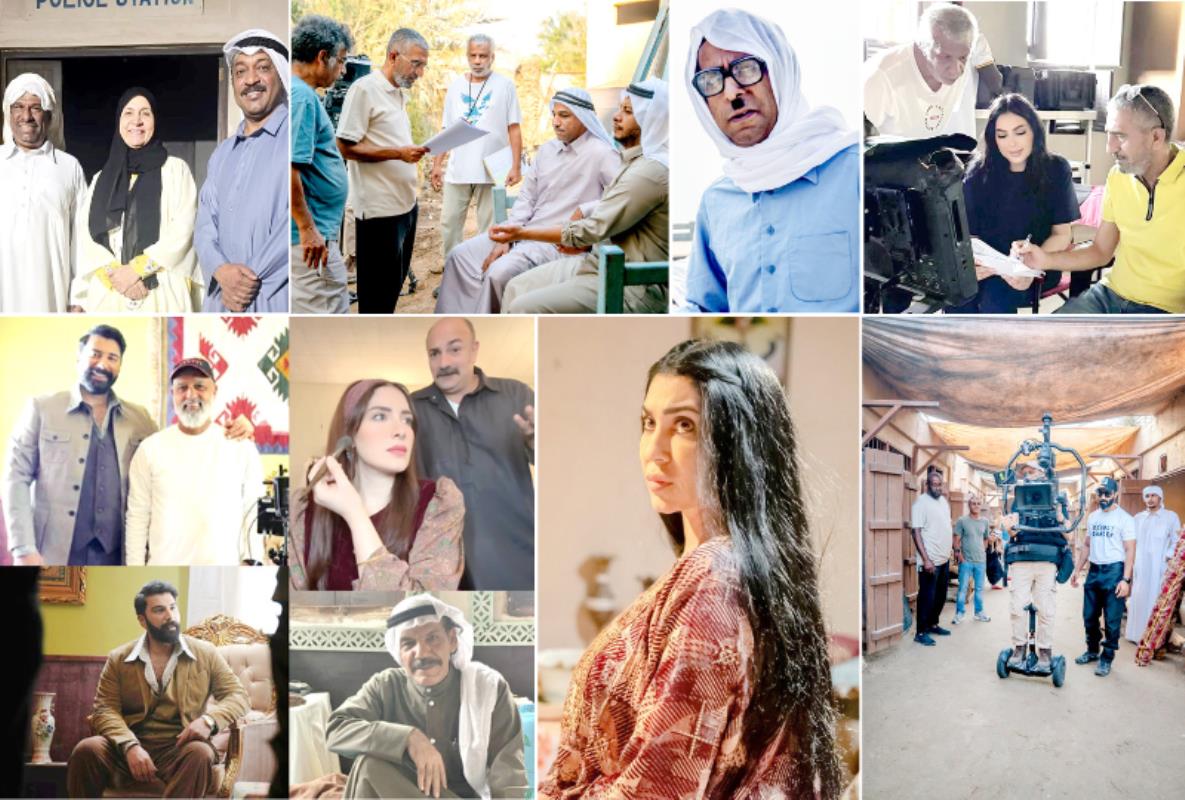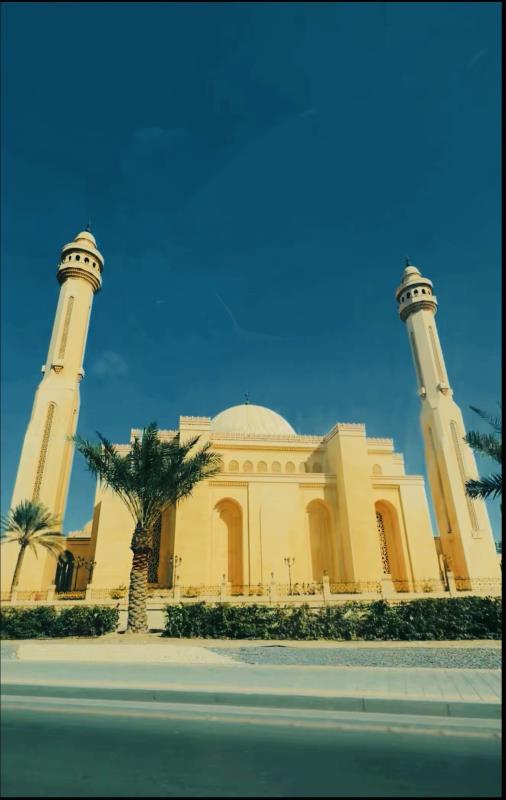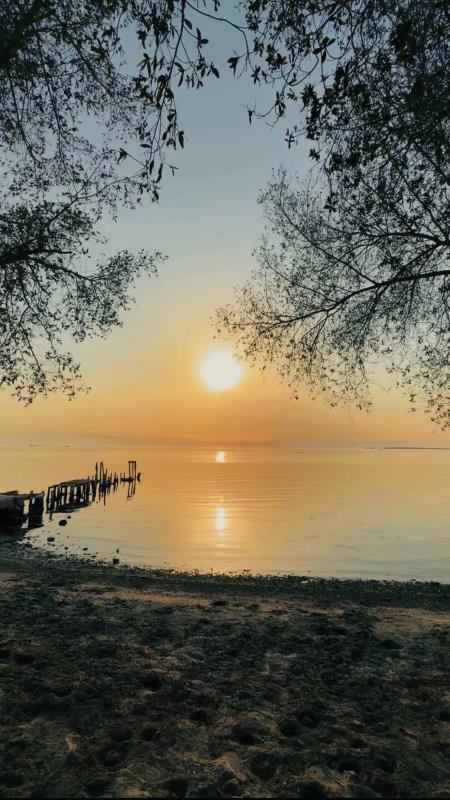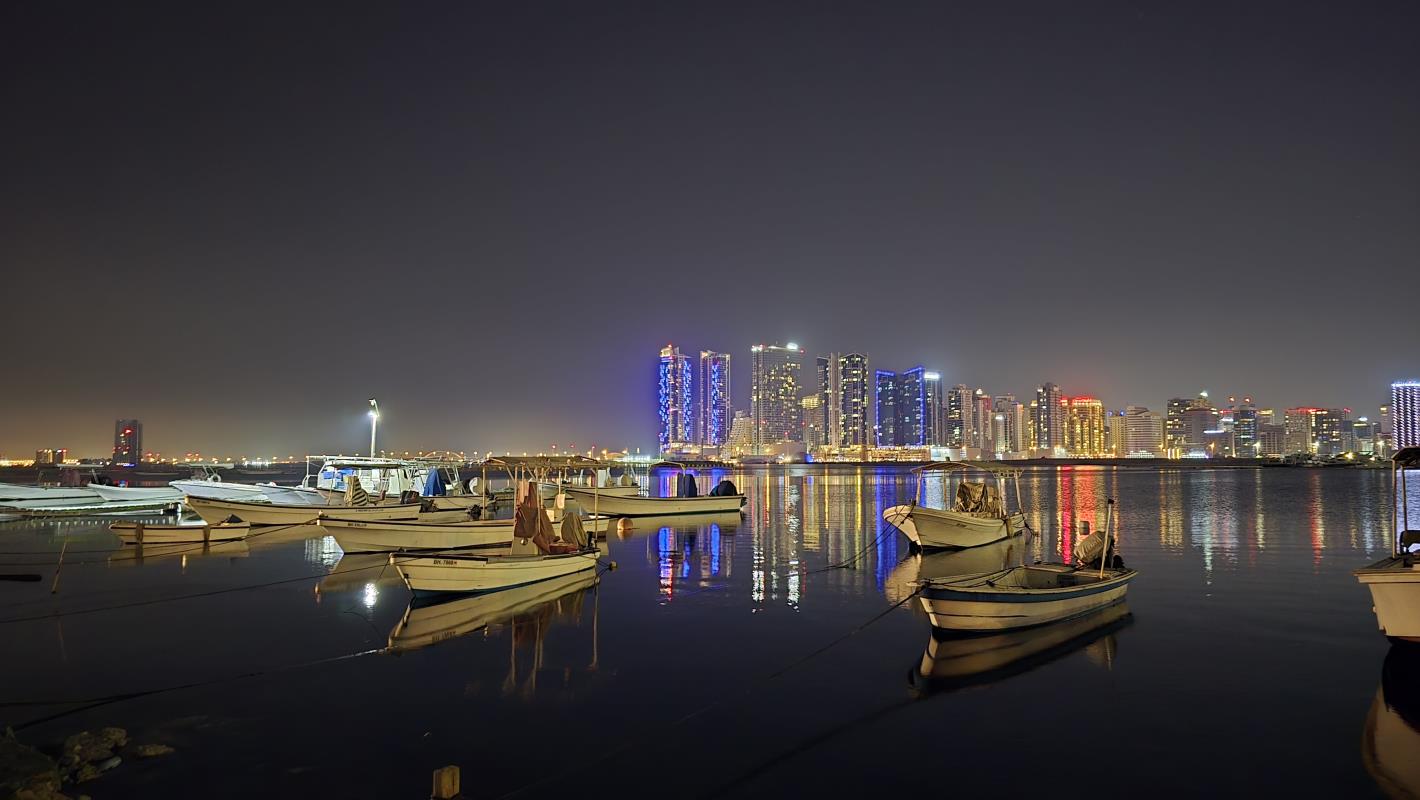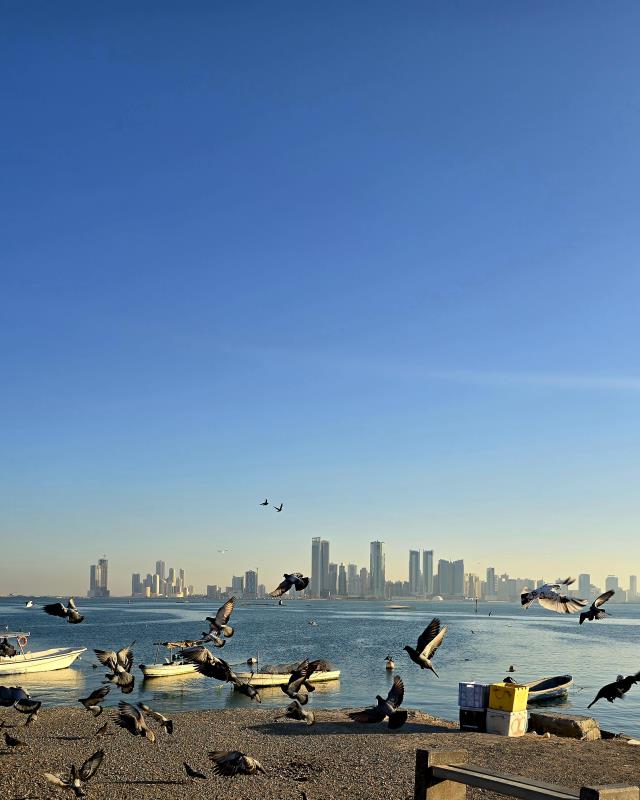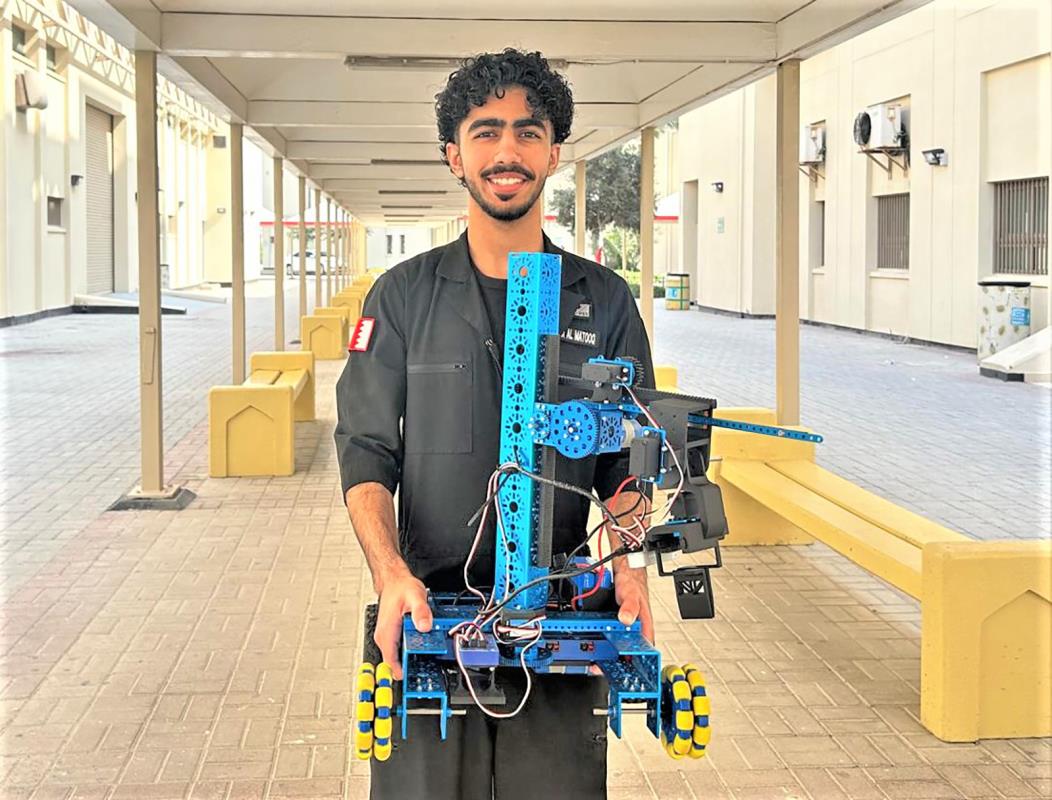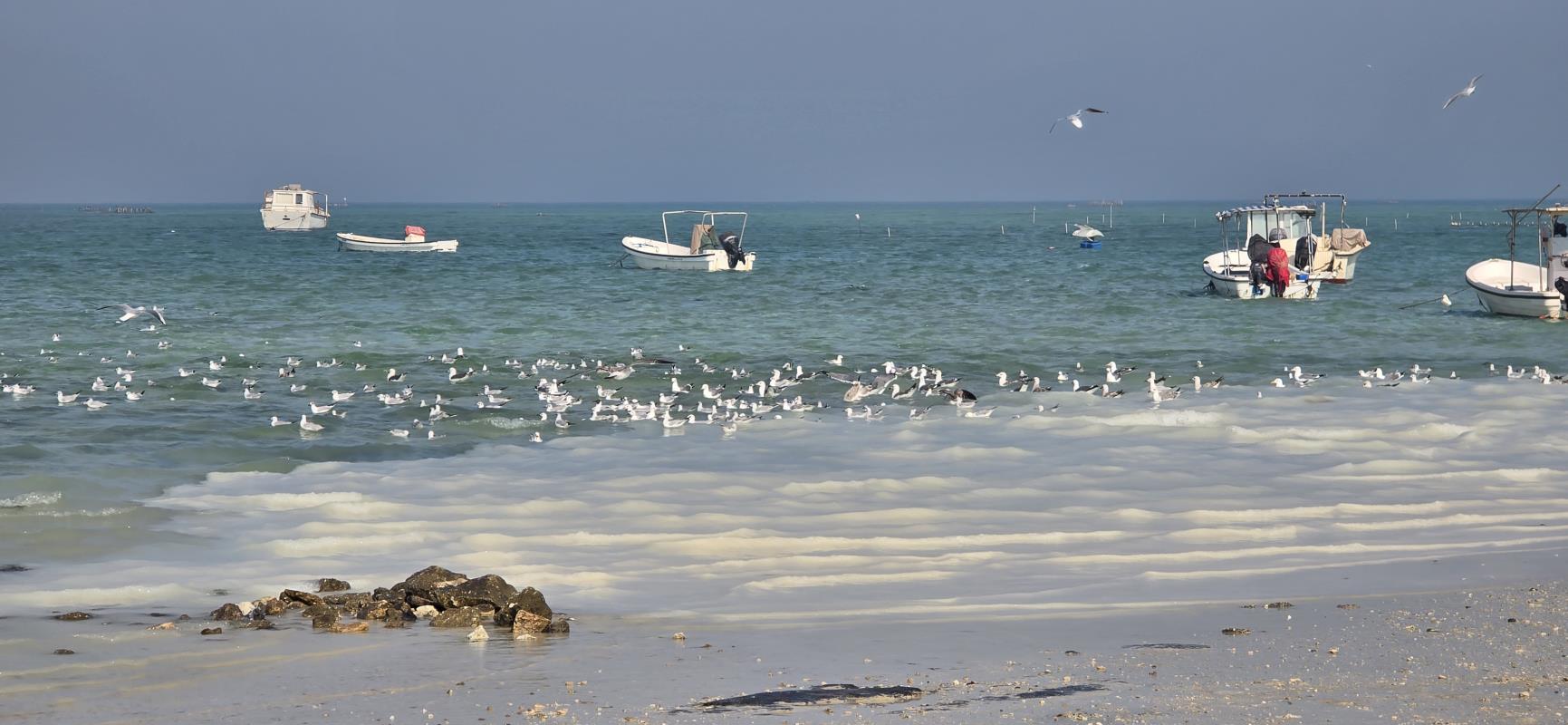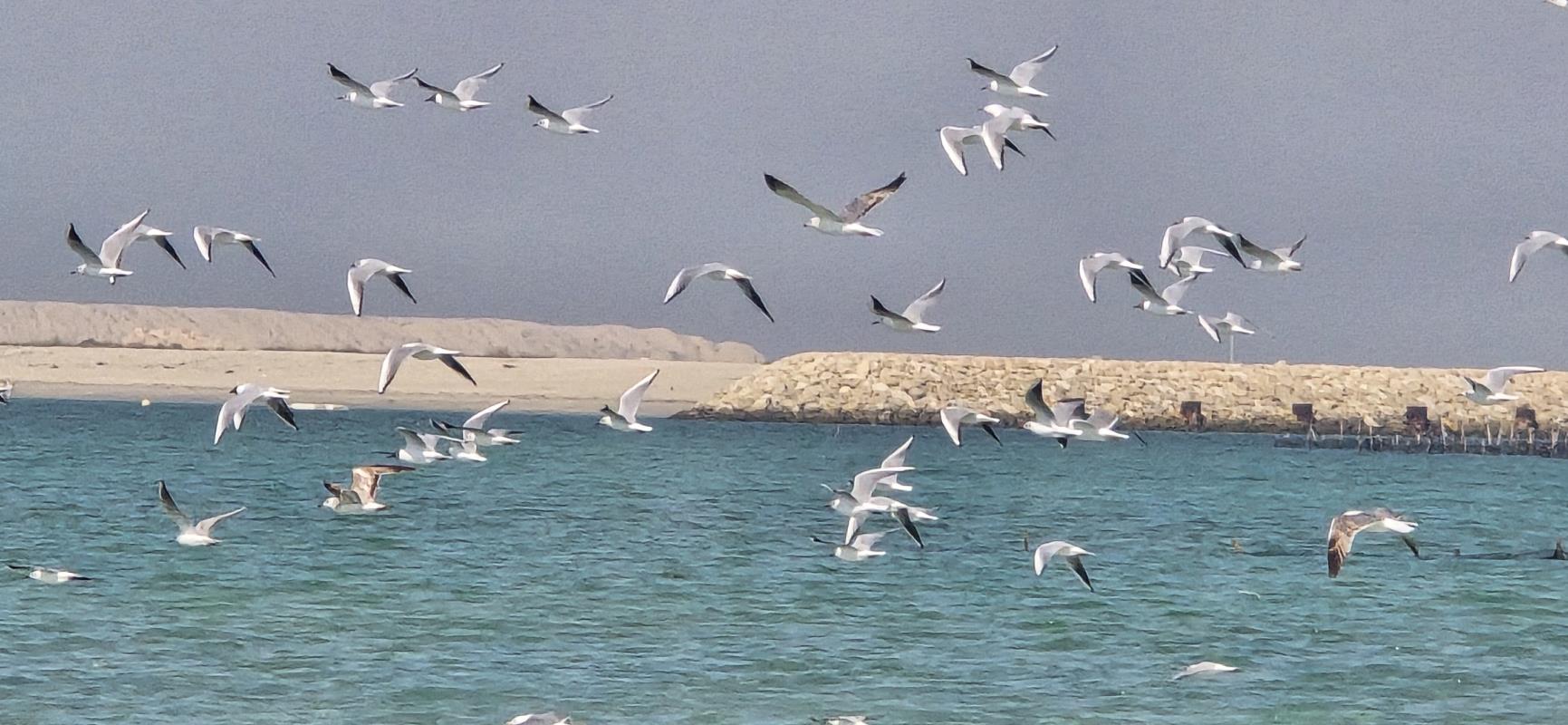Approximately 20 million tons of organic waste in Saudi Arabia is landfilled annually. Globally, this number piles up to gigatons. As the landfilled organic waste degrades, carbon leaks into the air as carbon dioxide (or methane), a greenhouse gas. Therefore, organic landfilling remains a pain point for waste generators and handlers globally.
Saudi Arabia has vowed to reduce its organic landfilling by 90% by 2035. KSA is also leading giga-scale sustainability projects, such as Green Riyadh, Saudi Green Initiative, King Salman Park, Sports Boulevard, NEOM, etc., towards realizing ecosystem services and food security through a circular carbon economy.
Terraxy, a KAUST spin-out, has figured out a way to transform the challenges of organic landfilling into a boon for desert rehabilitation. Their CarboSoil technology is produced via the pyrolysis of chicken manure (currently landfilled at 0.5M t/yr), and its addition to sandy soil renders it amenable to growing more with less.
“Sandy soils are poor at holding water and nutrients,” says KAUST Associate Professor Environmental Science and Engineering Himanshu Mishra and co-founder of Terraxy. “CarboSoil is specially engineered for alkaline sandy soils – it acts as a sponge for nutrients, dramatically improving plant health and yield. This carbon-dense material is ultra-stable in the soil, i.e., it will last for hundreds to thousands of years. Therefore, applying 1 ton of CarboSoil to the soil is equivalent to capturing 2–3 tons of CO2, enabling a scalable way to fight climate change. Terraxy will meaningfully contribute to the Saudi National Transformation Program.”
Team Terraxy has had an eventful few years, with over 20 awards, grants, and achievements, including being awarded one of Deloitte Technology Fast 50 Start-ups (Impact Category) in the MENA and Cyprus region in 2024 and being recognized as “Top Innovator” by the World Economic Forum’s Uplink Platform (2023)























































